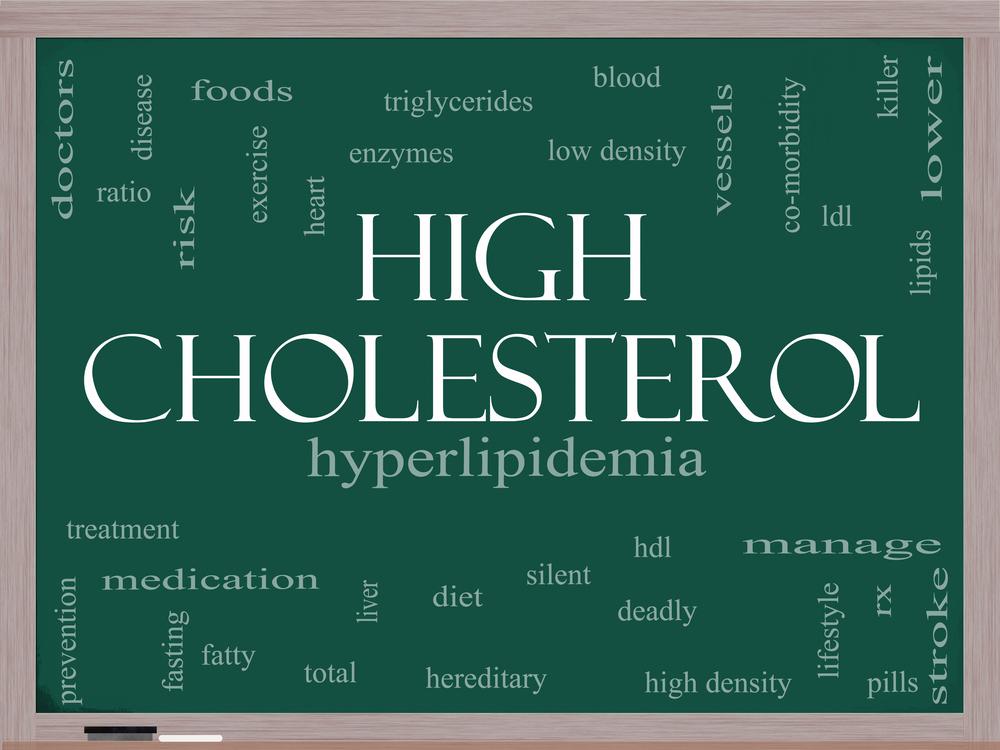
Diagnosis and risks of high cholesterol
Most people do not recognize that they have high cholesterol until they suffer serious complications such as stroke or heart attack. It is ideal to have a routine cholesterol screening on a regular basis especially if you are 20 years or older. To be more specific, regular checks must be conducted for men by age 35 and age 45 for women. In the case of people with diabetes, high blood pressure, heart disease or stroke and are under medication, cholesterol levels should be checked every year.
Cholesterol levels are measured by a simple blood test known as a lipid panel or lipid profile. This assesses your level of total cholesterol, HDL cholesterol, LDL cholesterol, and triglycerides. This test is conducted by taking a sample of your blood and sent to a lab for analysis. Test results would show if there is a high level of cholesterol or triglyceride.
Measures of cholesterol test – Four types of lipid or fats in the blood are measured by a complete cholesterol test
- Total cholesterol
The total amount of cholesterol in the blood is measured. - Low-density lipoprotein cholesterol (LDL)
Commonly referred to as bad cholesterol. It increases the risk of heart attack, atherosclerosis, and stroke. - High-density lipoprotein cholesterol (HDL)
This is commonly referred to as good cholesterol as it helps to remove LDL cholesterol from the blood. - Triglycerides
Excess calories in the body are converted into triglycerides which are stored in the fat cells. Over-weight people, diabetes and alcoholics may have high levels of triglycerides.
To prepare for the cholesterol test, you may be asked by the physician to fast before taking the test. Tests were done for HDL and total cholesterol need no fasting. In the case of a complete lipid profile test, it is necessary to not eat or drink anything other than water for 10 – 12 hours before the test. It is ideal to inform the physician if you are taking birth control pills which may increase cholesterol levels. The physician would probably suggest stopping them for a few days before the test. Other symptoms and health problems, family history of health and medications and supplements are currently taken should be discussed with the physician before the test.
When the cholesterol levels are above the normal range, you may be at risk of heart disease atherosclerosis or stroke. In addition, a blood glucose test might also be done to check diabetes. To determine if the thyroid is underactive, a thyroid function test would be suggested.
The risk of developing heart or cardiovascular disease is not based just on cholesterol reading but other factors have to be taken into account such as:
- Body mass index (BMI) which measures the body weight in relation to height.
- Medical conditions such as high blood pressure (hypertension) and diabetes which are treatable risk factors.
- Family history, ethnicity, and age of the patient.
Recommendation based on results to reduce the risk of developing high cholesterol would include making lifestyle changes, eating a healthy intake of Omega3 fatty acids and exercising more. Cholesterol-lowering medications such as statins would also be recommended.


